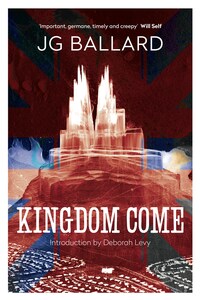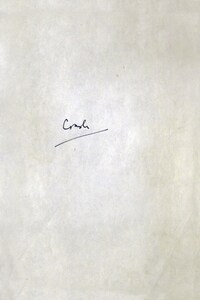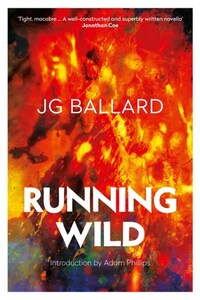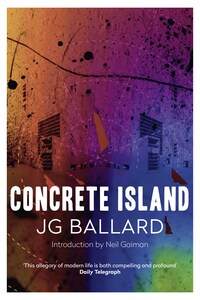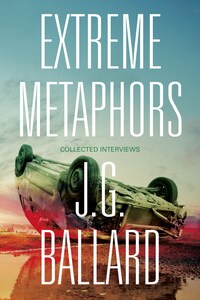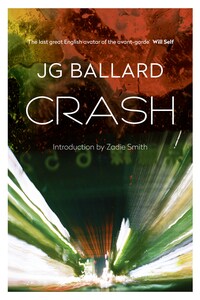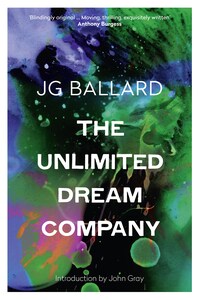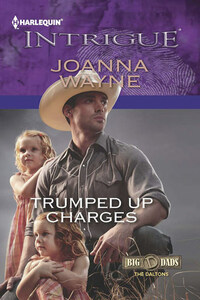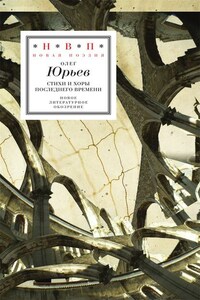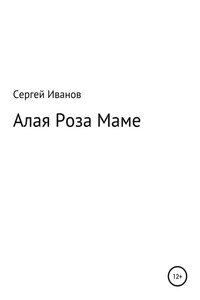Fourth Estate
An imprint of HarperCollinsPublishers Ltd
77–85 Fulham Palace Road
London W6 8JB
4thestate.co.uk
First published in Great Britain by Fourth Estate in 2006
Copyright © J. G. Ballard 2006
The right of J. G. Ballard to be identified as the author of this work has been asserted by him in accordance with the Copyright, Design and Patents Act 1988.
Introduction copyright © Deborah Levy 2014
Interview copyright © Sarah O’Reilly 2007
‘Remaking the World’ copyright © J. G. Ballard 2007
A catalogue record for this book is available from the British Library.
This novel is entirely a work of fiction. The names, characters and incidents portrayed in it are the work of the author’s imagination. Any resemblance to actual persons, living or dead, events or localities is entirely coincidental.
All rights reserved under International and Pan-American Copyright Conventions. By payment of the required fees, you have been granted the non-exclusive, non-transferable right to access and read the text of this e-book on-screen. No part of this text may be reproduced, transmitted, down-loaded, decompiled, reverse engineered, or stored in or introduced into any information storage and retrieval system, in any form or by any means, whether electronic or mechanical, now known or hereinafter invented, without the express written permission of HarperCollins.
Cover by Stanley Donwood, from a photographic copperplate etching.
Ebook Edition © FEBRUARY 2006 ISBN: 9780007290109
Version: 2014-07-11
Consumerism rules, but people are bored. They’re out on the edge, waiting for something big and strange to come along … They want to be frightened. They want to know fear. And maybe they want to go a little mad.
J. G. Ballard, Kingdom Come
J. G. BALLARD, our greatest literary futurist, changed the coordinates of reality in British fiction and took his faithful readers on a wild, intellectual ride. He never restored moral order to the proceedings in his fiction because he did not believe we really wanted it. Whatever it was that Ballard next imagined for us, however unfamiliar, we knew we were in safe hands because he understood ‘the need to construct a dramatically coherent narrative space’.
When I was a young writer in the 1980s, Ballard first came to my attention after I read his luminous, erotic story collection, The Day of Forever. It was so formally inventive that I would not have guessed it had been published in 1967. Nor did I know that the baffled conservative literary establishment of his generation had tried to see off his early work as science fiction. Ballard always insisted he was more interested in inner space than outer space.
When it came to anything by Ballard, genre really did not matter to me; his fiction could have been filed under Tales of Alien Abduction or Marsh Plants and I would have hunted it down. Despite our difference in generation, gender and literary purpose, it was clear to me that he and I were both working with some of the same aesthetic influences: film, Surrealist art and poetry, Freud’s avant-garde theories of the unconscious. I was just starting to write but Ballard made me feel less lonely. Perhaps more significantly we shared the dislocation of not being born in Britain. Home was the imagination. I too was attracted to the paintings of de Chirico and Delvaux, with their dreamplaces – empty, melancholy cities, abandoned temples, broken statues, shadows, exaggerated perspectives. Ballard was going to make worlds we had not seen before in British fiction. When asked, after the success of
